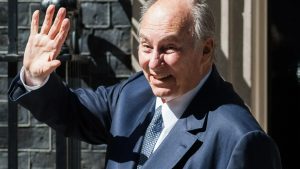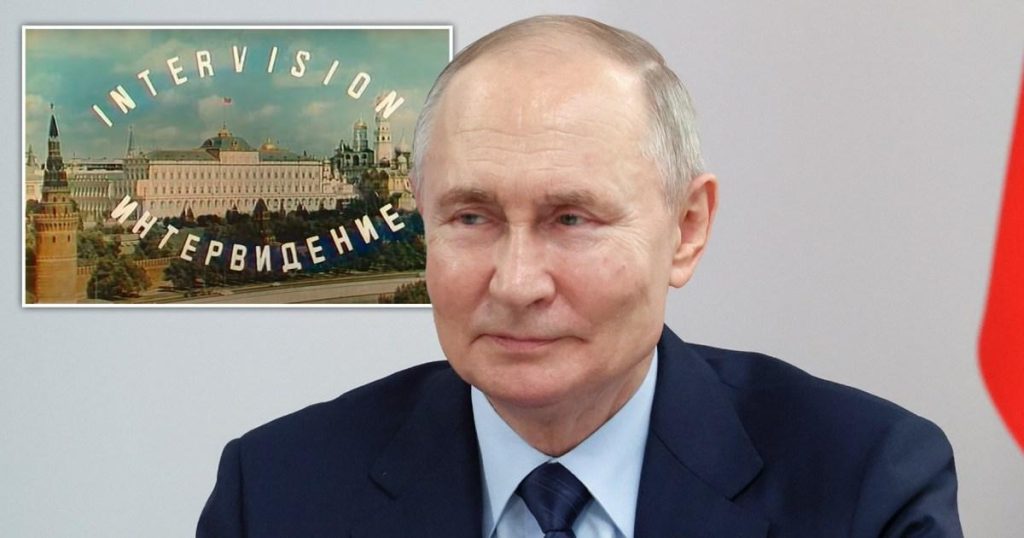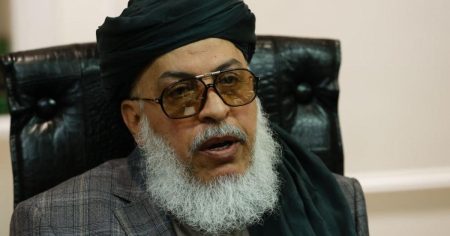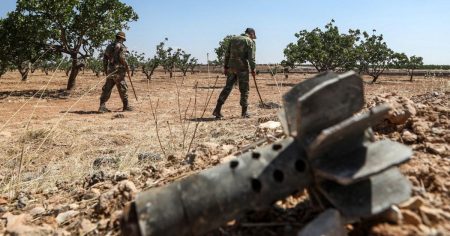Paragraph 1: The Revival of Intervision: A Russian Riposte to Eurovision
In a move reminiscent of the Cold War era, Russian President Vladimir Putin has decreed the revival of Intervision, an international song contest designed to rival the immensely popular Eurovision Song Contest. Originally conceived and executed during the Soviet era, Intervision ran intermittently between 1965 and 1980, achieving limited success. This resurrection, slated for September 2025 in Moscow, appears to be a direct response to Russia’s ban from Eurovision in 2022 following the invasion of Ukraine. Putin’s decree frames the contest as a platform for "international cultural and humanitarian cooperation," but its timing and geopolitical context suggest a more pointed objective: to establish a parallel cultural sphere encompassing nations sympathetic to Russia.
Paragraph 2: Intervision’s Political Undertones and Potential Participants
While the official narrative emphasizes cultural exchange, Intervision is undeniably imbued with political significance. The anticipated participant list includes countries like Venezuela, North Korea, and Iran, all of whom maintain close ties with Russia and share a critical stance towards the West. This alignment reinforces the perception of Intervision as a counterpoint to Eurovision, representing an alternative bloc of nations outside the traditional Western sphere of influence. The conspicuous absence of Ukraine, both from the historical Intervision and the planned 2025 event, further underscores the contest’s political underpinnings and its connection to the ongoing geopolitical tensions between Russia and Ukraine.
Paragraph 3: Organizational Structure and Voting Mechanisms: A Blend of Old and New
The organizational framework for Intervision mirrors the hierarchical structure of the Russian government. Putin has delegated the event’s organization to his deputy, Dmitry Chernyshenko, while domestic policy chief Sergei Kiriyenko will oversee the supervisory board. This top-down approach reflects the centralized nature of power within Russia. The voting system for the original Intervision, a curious method involving viewers switching their lights on and off to register their preferences, with electricity consumption measuring the results, remains a unique historical footnote. The voting mechanism for the 2025 contest has yet to be revealed, adding an element of intrigue to the event’s format.
Paragraph 4: Putin’s Musical Aspirations and the Spectre of Propaganda
The revival of Intervision raises the tantalizing possibility of Putin showcasing his own vocal talents. His 2010 rendition of "Blueberry Hill" at a charity event, witnessed and applauded by Hollywood celebrities, suggests a potential for a presidential performance. While such a spectacle would undoubtedly generate significant media attention, it also raises concerns about the potential for Intervision to become a platform for political propaganda. Given the current geopolitical climate and Russia’s strained relationship with the West, the event risks being perceived as a tool for bolstering Putin’s image and promoting a particular narrative.
Paragraph 5: Russia’s Eurovision History and the Fallout from the Ukraine Invasion
Russia’s exclusion from Eurovision in 2022, a direct consequence of its military actions in Ukraine, marked a significant turning point in the country’s relationship with the European cultural landscape. Russia had been a regular participant in Eurovision since 1994, even hosting the contest in 2009 after Dima Bilan’s victory in 2008. Memorable entries, such as the Buranovskiye Babushki (the Russian grannies) in 2012, further cemented Russia’s presence in the competition. The ban, prompted by widespread condemnation from other participating countries, including Norway, Finland, and Estonia, highlighted the profound impact of the Ukraine invasion on Russia’s international standing. The European Broadcasting Union (EBU) justified the ban, stating that Russia’s inclusion would bring the competition into disrepute.
Paragraph 6: Intervision: A Cultural Battlefield in a Divided World
The emergence of Intervision against the backdrop of the Ukraine conflict and Russia’s strained relationship with the West casts the song contest as more than just a musical event. It symbolizes a broader cultural and ideological divide, reflecting the increasingly polarized global landscape. While presented as a celebration of international cooperation, Intervision’s potential to serve as a platform for political messaging and a counterpoint to Western cultural influence cannot be overlooked. The success of Intervision, both in terms of participation and global reception, remains to be seen. However, its very existence underscores the evolving dynamics of international relations and the role of cultural events in reflecting and shaping geopolitical realities.











